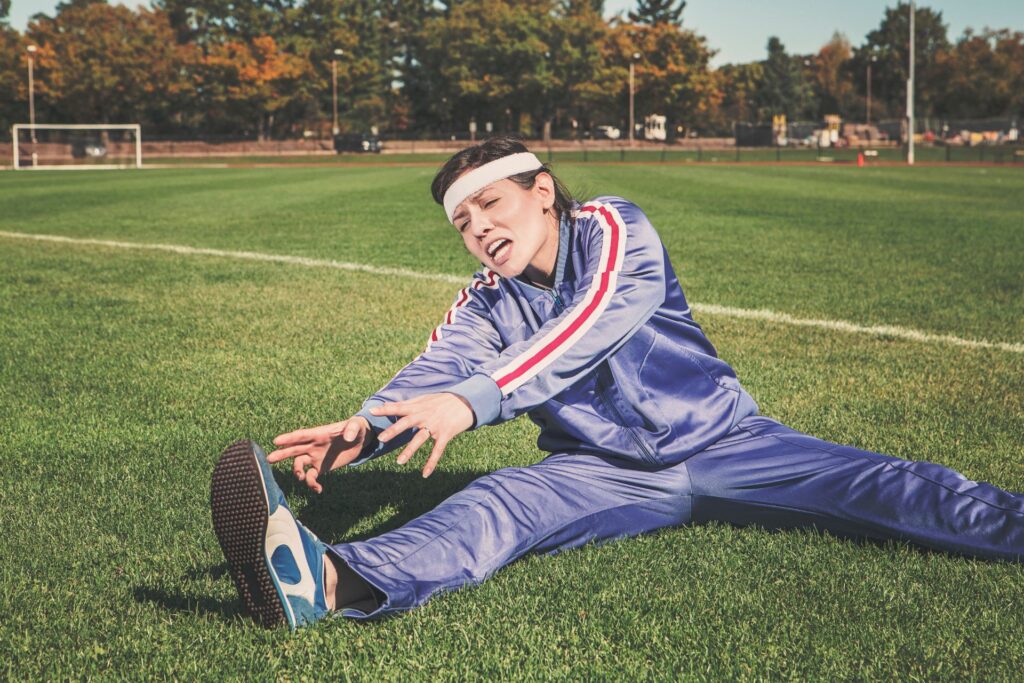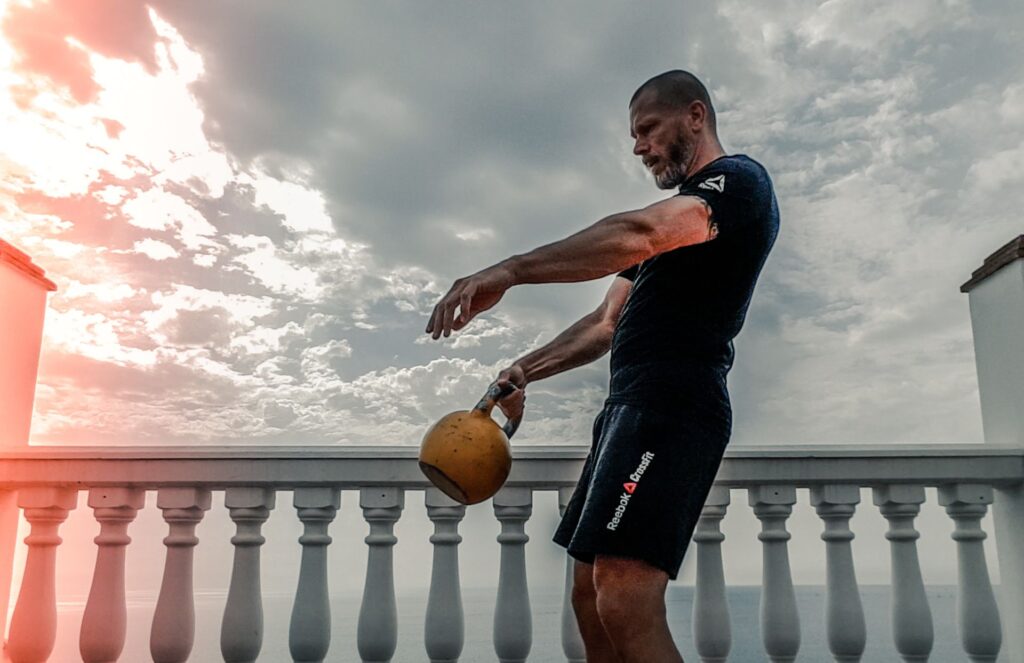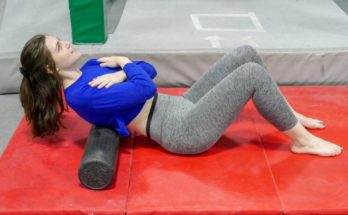
Far too often people will fall into the same exercise routine they are comfortable with. They perform the same exercises and the same program without thinking about what it affects. The reality is, when you perform the same exercises without variety you will begin to develop muscle imbalances. Muscle imbalances will develop from lifestyle habits as well, such as sitting at a desk hunched over all day or constantly craning your neck looking at your cell phone. Performing an exercise assessment is an essential tool for a proper individualized strategy.
Most people want to exercise to improve the quality of their lives, not exacerbate issues they already have. If you choose exercises that feed into your personal muscle imbalances you can be creating more dysfunction and pain-related syndromes such as tendinitis.

An exercise assessment is an effective tool to help create a picture of your personal issues. By noticing sub-optimal patterns of movement, weakness, and joint restrictions we can choose corrective exercises that are appropriate for these problems.
There are many kinds of exercise assessments. There are static assessments and moving assessments. There are upper body assessments, lower body assessments, cardiovascular assessments and more.

No single exercise assessment is going to be 100% accurate. Performing several assessments can help to confirm your overall results and begin to identify patterns that can help you create your exercise plan.
Performing one or more exercise assessments regularly will help you determine if what you are doing is working and when you need to switch it up.
The assessment section of this website contains several common exercise assessments to get started!



